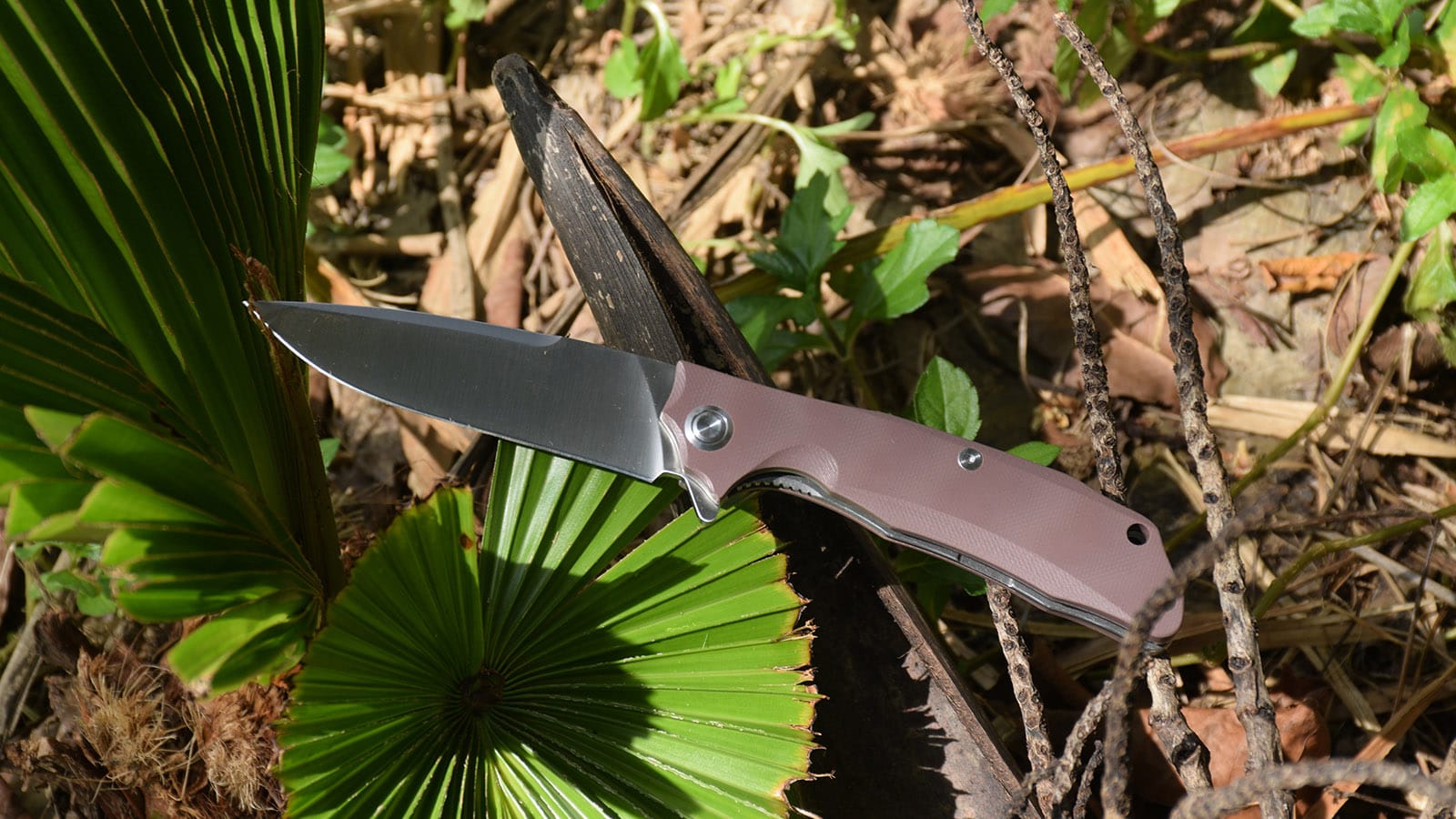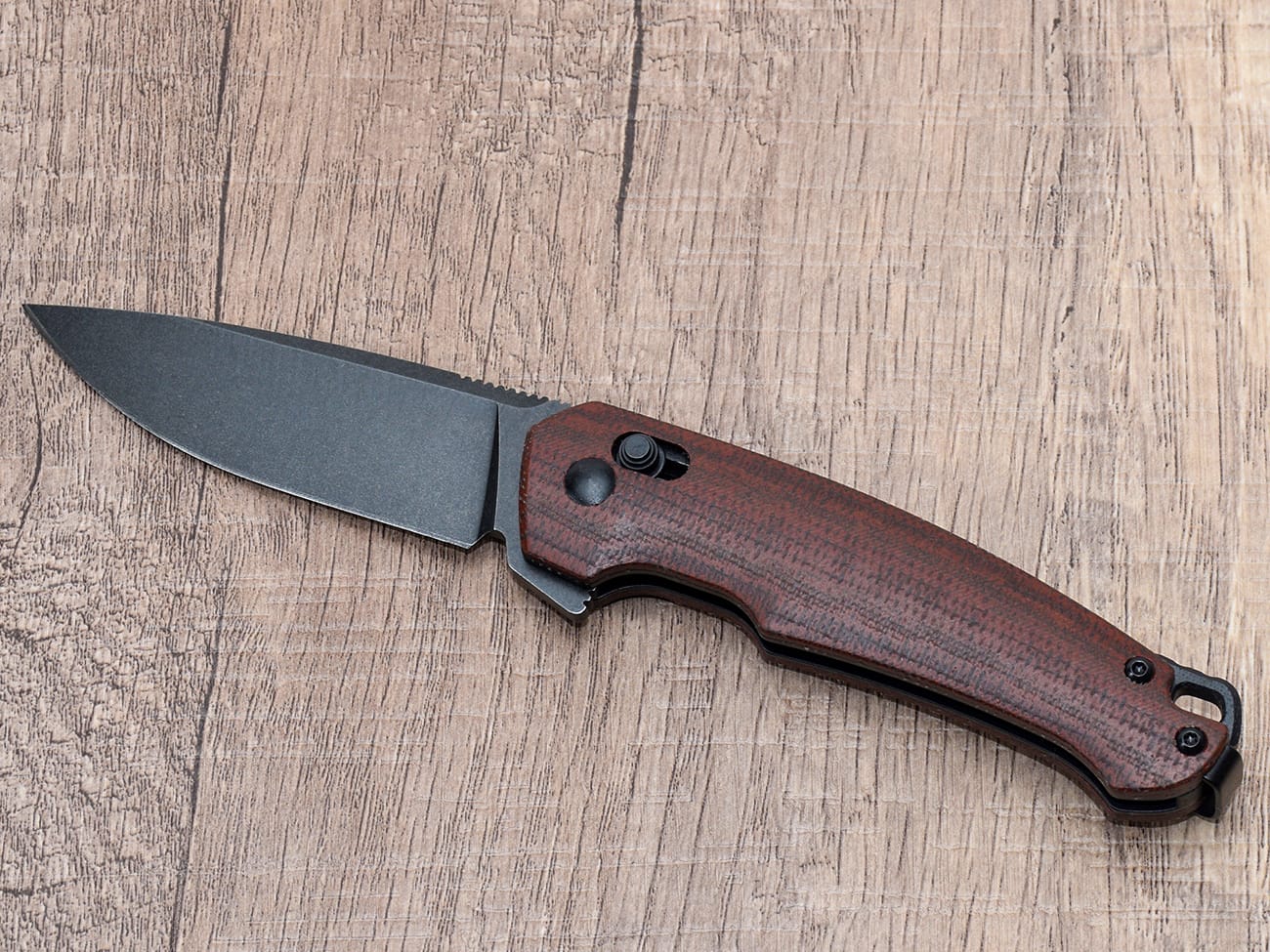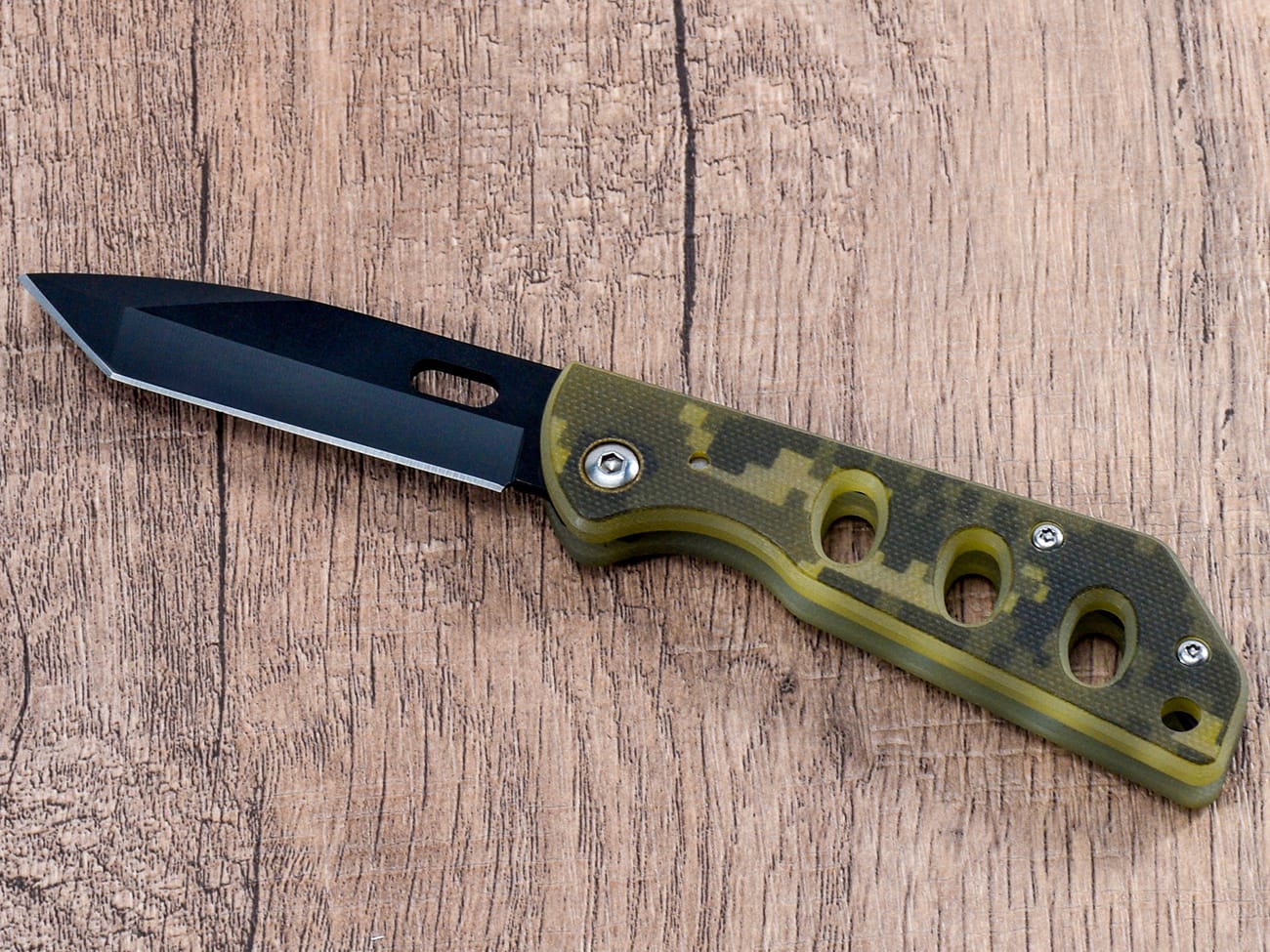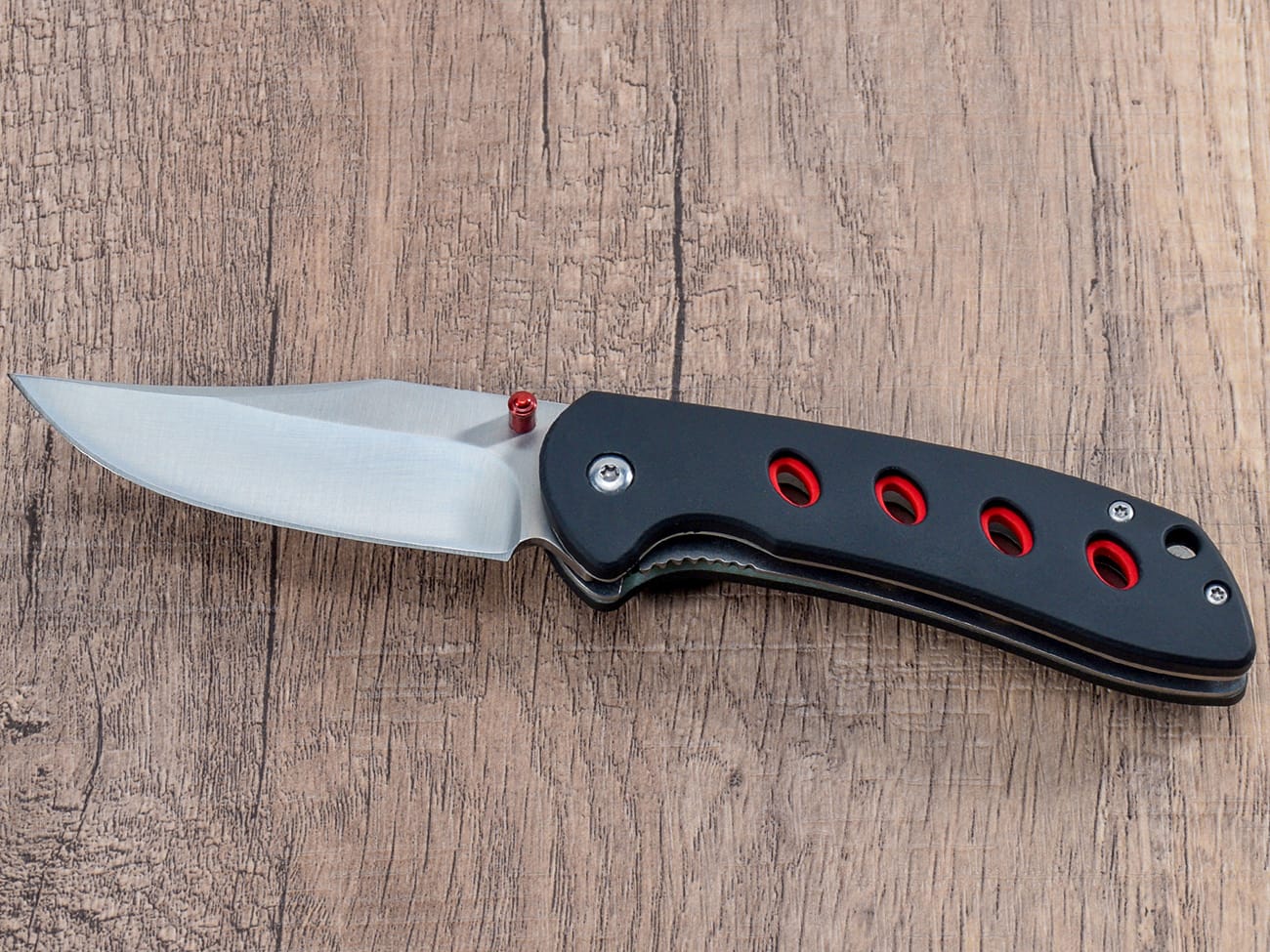Proper knife hygiene is crucial for food safety and preventing cross-contamination in both home and professional kitchens. This comprehensive guide will explain exactly when and how to clean and sanitize your knives, helping you maintain a hygienic cooking environment and ensure safe food preparation.
Why is Proper Knife Cleaning and Sanitization Important?
Food safety begins with proper knife hygiene. Folding knives and other cutting tools can harbor harmful bacteria if not properly maintained. Regular cleaning and sanitization help prevent cross-contamination and foodborne illnesses while extending your knife’s lifespan.
When Must a Knife Be Cleaned During Food Preparation?
A knife must be cleaned and sanitized in several key situations:
- Between cutting different types of food
- After handling raw meat
- When switching between clean and potentially contaminated ingredients
- After 4 hours of constant use
- When visible food debris accumulates
How Often Should You Sanitize Your Kitchen Knives?
EDC knives and kitchen knives should be sanitized:
- After each use with raw meat
- Between prep sessions
- At least once per day during heavy use
- Any time cross-contamination is possible
Unable to render image
What Are the Steps for Proper Knife Cleaning?
Follow these steps for effective knife cleaning:
- Rinse with hot water
- Use mild dish soap and scrub thoroughly
- Pay special attention to the blade and handle
- Rinse completely
- Dry immediately with a clean towel
How Do You Properly Sanitize a Knife?
Proper sanitization involves:
- Cleaning the knife first
- Using an appropriate sanitizing solution
- Following proper contact time
- Allowing the knife to air dry
- Storing in a knife block or protective sheath
What Are Common Mistakes in Knife Cleaning?
Avoid these common errors:
- Leaving knives soaking in water
- Using abrasive cleaners
- Improper drying techniques
- Storing while wet
- Neglecting the handle during cleaning
Special Considerations for Different Knife Types
Different knife materials require specific care:
- Stainless steel: Standard cleaning methods work well
- Carbon steel: Requires immediate drying
- Damascus steel: Needs special care to prevent rust
- Ceramic: Requires gentle handling during cleaning
Professional Kitchen Standards for Knife Sanitization
Professional kitchens must follow strict guidelines:
- Clean and sanitize every 4 hours
- Maintain separate cutting boards
- Use appropriate sanitizing solutions
- Document cleaning schedules
- Regular staff training on proper procedures
Signs Your Knife Needs Immediate Cleaning
Watch for these indicators:
- Visible food residue
- Unpleasant odors
- Sticky residue on blade
- Discoloration
- Cross-contamination risk
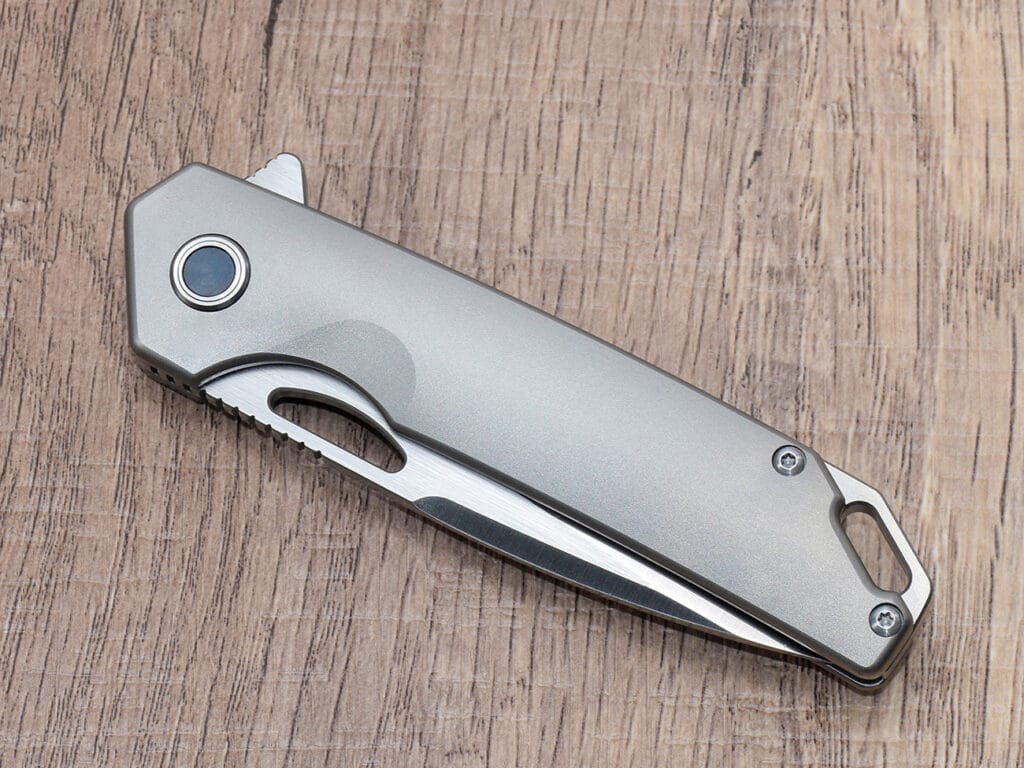
Best Practices for Long-term Knife Maintenance
Regular maintenance includes:
- Daily cleaning and sanitizing
- Proper storage methods
- Regular sharpening
- Immediate attention to any rust
- Professional maintenance when needed
Key Points to Remember: • Clean and sanitize knives between different food types • Always clean immediately after cutting raw meat • Use appropriate cleaning and sanitizing solutions • Dry knives thoroughly before storage • Follow professional guidelines in commercial kitchens • Maintain regular cleaning schedules • Store knives properly after cleaning

